Orson Welles
Orson Welles A producer who have a close link with the radio.
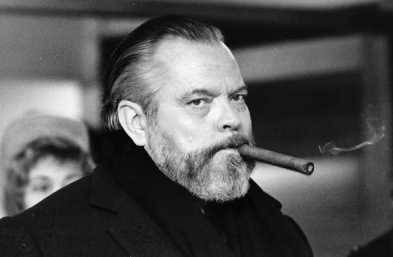
Orson Welles : A Giant of Cinema and Radio
The historic importance of radio is reflected in the career of Orson Welles, a visionary director who left his mark on cinema and broadcasting in the 20th century.
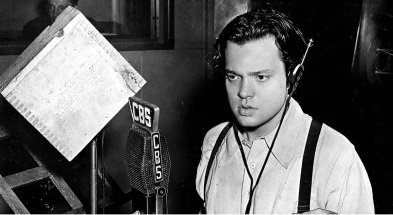
Orson Welles during his youth at the radio
His story with the radio
Born in 1915, Welles first made a name for himself through his work on radio.
His famous adaptation of ‘War of the Worlds’ in 1938 demonstrated the immense power of this medium, creating national panic when listeners believed in a real alien invasion.
The programme, which was picked up by stations across the country, revealed radio's ability to shape the collective imagination.
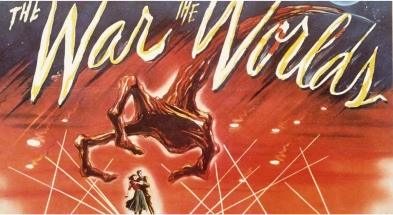
The book behind its radio adaptation
His story with the radio
Welles then transposed his creative genius to the cinema. His first feature film, Citizen Kane (1941), revolutionised the art of filmmaking. Using innovative editing and storytelling techniques, Orson Welles created a unique style that has influenced generations of filmmakers.
The film explores the life of a newspaper magnate, recalling the power of the media that Welles had already explored on radio.
Despite the critical success of ‘Citizen Kane’, Welles often struggled against the Hollywood system. Films such as ‘The Splendour of the Ambersons’ (1942) and ‘The Lady from Shanghai’ (1947) fell victim to studio interference, reminiscent of the tensions between creativity and commercial control that Welles had experienced in the world of radio.
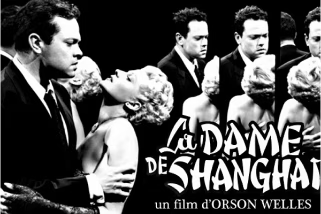
The lady from shanghai
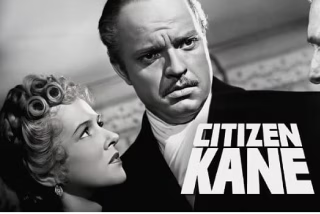
Citizen Kane
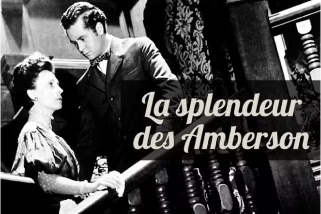
The Magnificent Ambersons
Radio: from Welles to Aisberg, a captivating and accessible medium
The discovery of old radio sets reminds us of the time when Welles captivated listeners with his innovative programmes.
At the same time, his influence can also be seen in books such as ‘La radio mais c'est très simple’ by Eugène Aisberg, which demystifies the technical aspects of the medium.
Although the context is different, both works underline the importance of understanding and mastering radio, a powerful tool for communicating ideas.
